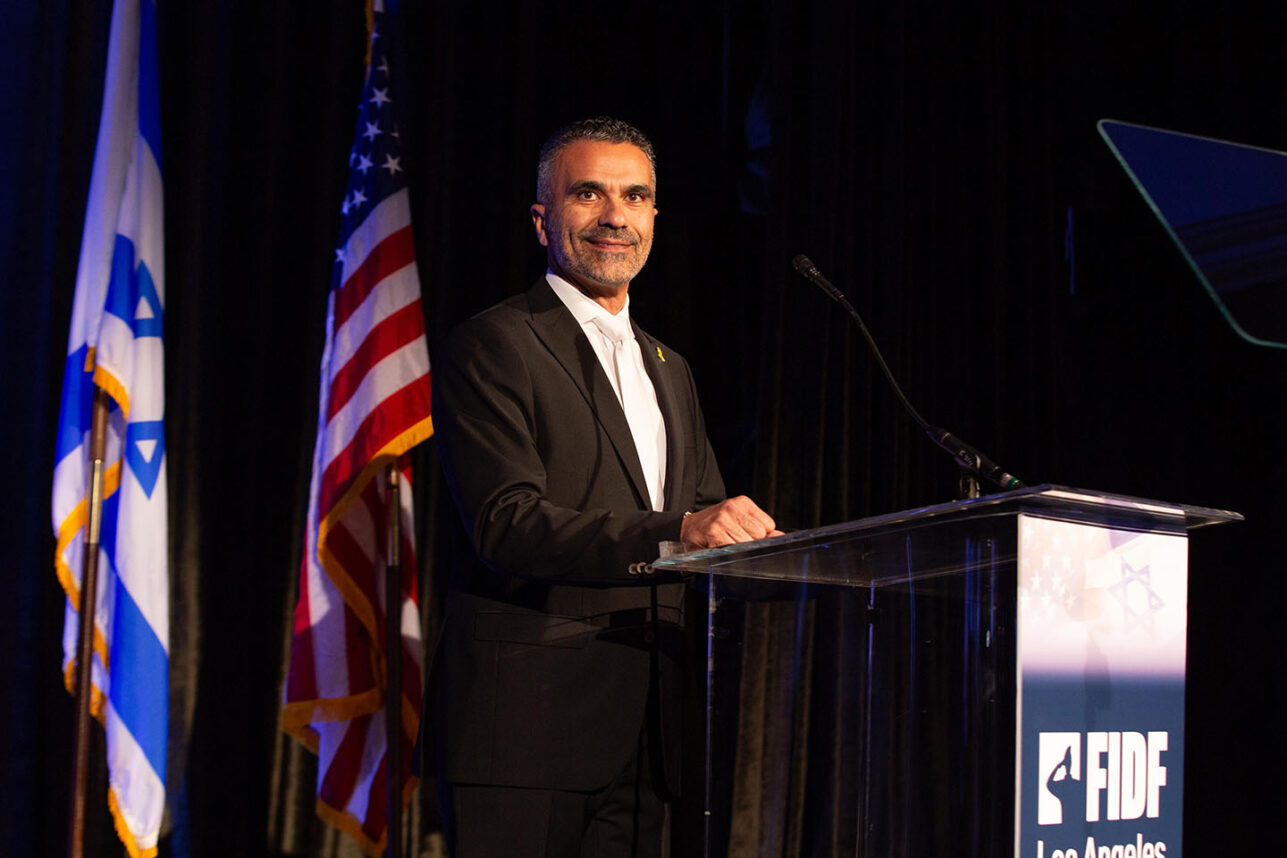In April 1994, following numerous suicidebombings, 400 American Jewish leaders took a two-day trip to Israelto show American Jewish support for the besieged State. With a30-percent tourism drop due to the terrorist bombings, these leaderswanted to encourage American Jews to visit Israel.
During its quick trip, the delegation met numerousgovernment officials, including President Weizman. At the president’sresidence, one of the delegates asked: “Mr. President, with the peaceprocess moving forward, what is your vision of Israel 50 years fromnow? How will the State of Israel look 50 years hence?”
Weizman answered: “I must be honest with you; I amnot worried about what Israel will look like 50 years from today,geographically. What troubles me, however, is what Israel will looklike Jewishly.
“Please understand, I am not a religious orobservant Jew, and I am not talking from such a perspective.Nevertheless, I realize that the Jewish character of the State ofIsrael is what will sustain it or destroy it.”
He then announced that he was organizing a taskforce to address this issue, and that he was inviting the best mindsto convene a conference on this topic.
Now, four years later, as we celebrate Israel’sjubilee, these concerns remain high on the agenda. The issue of howto survive Jewishly, however, is really as old as the Bible itself.The opening verse of this week’s Torah portion provides sound adviceon this very issue.
The Sedreh begins with an unusually wordedcommand: “And God said to Moses: Say to the Priests, the sons ofAaron, and you shall say to them: To a dead person he shall notbecome impure among his people.”
Rashi, the classical biblical medievalcommentator, wondered why the word “say” is followed by the redundantphrase, “and you shall say.” He suggests, “this wording is to enjointhe adults to concern themselves with the minors.”

They also must teach those laws to theirchildren so that their children will know how to follow them. Above,a bar mitzvah trainee learning about tefillin from hisrabbi. Photo from “The Jews in America,”1989
Rashi here implies that it is not enough for theadults to practice rituals and observe the laws of impurity forthemselves. The Torah also wants them to impart these laws and teachthem to their children. The first “say” refers to the fact that adultPriests are forbidden to make themselves impure and must follow thelaws themselves. The second, “and you shall say,” indicates that theyalso must teach those laws to their children so that their childrenwill know how to follow them.
Jewish parenting has never been an easy job, but,today, the task seems almost insurmountable. Jewish educators arefrustrated. Inspiring children with Jewish spiritual values in ahedonistic society goes beyond the classroom. Teachers require thehelp and commitment of parents who understand the meaning of theTorah text. First, parents themselves must become role models, and,second, they must encourage their progeny to emulate a Jewishlifestyle.
Certainly, President Weizman’s concern aboutJewish identity isn’t limited to Israel. This is a universal issuethat affects all Jewish communities. And, just as in the time of theTorah, we today are responsible to save the children and inspire thenext generation.
Rabbi Elazar Muskin is rabbi of Young Israel ofCentury City.





















 More news and opinions than at a Shabbat dinner, right in your inbox.
More news and opinions than at a Shabbat dinner, right in your inbox.